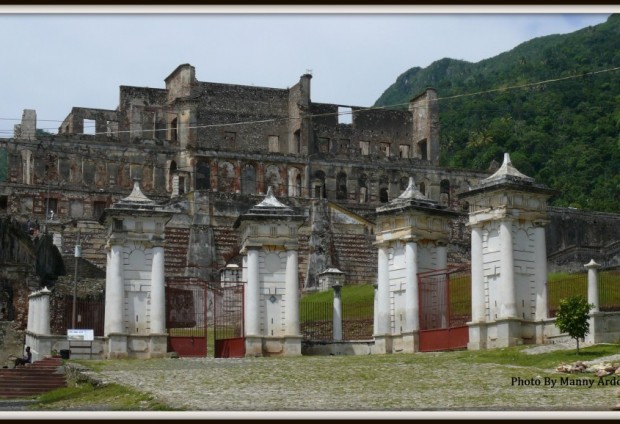A diaspora full of resources … and dangers
The debate Haiti – Diaspora now rages in the country, while we should all be working together to emerge from the current crisis. Unfortunately, for now, the Haitian Supreme Court has seemed to ignore the constitutional safeguards set to protect us from self-aggrandizing messiahs.
As a Haitian living abroad for more than 30 years, I felt betrayed and disrespected when I learned the news. The Citizenship Verification Committee created by the Executive Branch is now providing a glimmer of hope. “Ayiti pa mouri ! Ayiti is not dead!”
Notwithstanding the claims of those who purport to represent Haitians living abroad, the so-called confrontation between Haiti and its diaspora is nothing but an empty shell, manufactured for political gain by a minority whose arrogance only equals its opportunism. While not contributing the bulk of the remittances from the diaspora to Haiti, that small group cynically exploits the toil and sacrifice of those who, mainly from the lower-end of the economic ladder, struggle to support their relatives left at home.
Differently from the large popular mobilizations of the past, there is now no mass movement in the diaspora in favor of a “double nationality,” while the country struggles in an international crisis affecting its very survival. Such demands rather come from the few who, primarily in the United States, see themselves as being “the best and the brightest,” and organize in political pressure groups under obligatory humanitarian cover. In exclusively priced galas, that coterie arranges to meet international policy-makers, exchanges prizes and awards, and now sets forth to conquer political power in Haiti, in the face of the “ingratitude” of the “Haitian state toward its Diaspora.” (1)
Thus forgotten their debt of gratitude toward Haiti for the education, most often free, that they had received among other benefits, the self-described “best and brightest” exhibit utter disdain for the country’s human resources, save for art and folklore. Without missing an occasion to request foreign intervention in the internal affairs of Haiti, they demonstrate a total disregard for the concepts of national dignity and sovereignty.
Now integrated in the American black bourgeoisie, they have acquired some of its qualities as well as weaknesses. On that matter, the sociologist Frazier wrote in 1957: “The delusion of power also appears to provide an escape for middle-class Negroes from the world of reality which pierces through the world of make-believe of the black bourgeoisie. The positions of power which they occupy in the Negro world often enable them to act autocratically towards other Negroes, especially when they have the support of the white community. In such cases the delusion of power may provide an escape from their frustrations. It is generally, however, when middle-class Negroes hold positions enabling them to participate in the white community that they seek in the delusion of power an escape from their frustrations.”(2) Needless to say more!
All of that is quite far from the legitimate aspirations of many expatriate Haitians to participate in their nation’s life through voting and exercising other civil rights. At home, current priorities now place that question in the background, without minimizing its importance. In that web of international intrigue and considering the present weakness of the HaitianState, precautions are in order for the defense of our national interests, at the eve of the “Year Jean-Jacques Dessalines.”
Marie-Thérèse Labossière Thomas
October 14, 2005
(1) Ingratitude, Amends and Amens, May 6, 2005. RepresentAction, Port-au-Prince, Haiti. http://www.representaction.net/ra-news-events.htm
(2) Frazier, E. Franklin, Black Bourgeoisie: The Rise of a New Middle Class in the United States. p. 190. MacMillan Publishing Company, Collier Books, NY. 1975.



No comments yet.